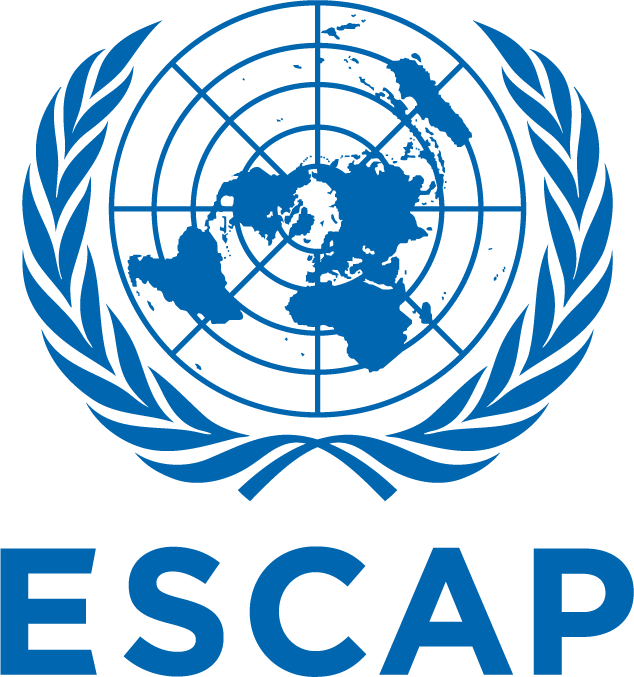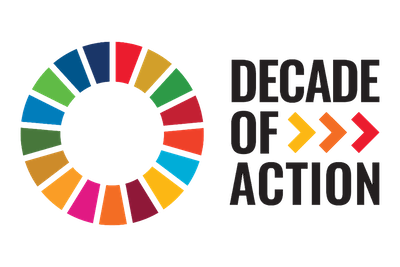Social protection refers to a broad set of government transfers of income or services designed to reduce vulnerability and build resilience of individuals, households, and communities. Making social protection disaster-responsive means that current and future levels of disaster risk, projected intensity and frequency of hazards, the exposure of populations and their coping capacities should be incorporated into the review and design of all social protection programmes.
The 2030 Agenda for Sustainable Development recognizes that natural disasters can be an impediment to realizing the development goals. Earthquakes, landslides, floods, and droughts have detrimental impacts on overall country macroeconomic factors and further disproportionately affect the poor and marginalized groups. Therefore, it is imperative to develop multi-hazard assessments that address and map both physical and social vulnerabilities.
Protecting the most vulnerable to cascading risks from climate extremes and the COVID-19 in South Asia
South Asia is at a crossroad of the cascading risks emanating from the rapid spread of the Coronavirus Disease-19 (COVID-19) and climate extremes in monsoon months. Every year, people in the subregion suffer from various climate hazards such as floods, droughts, tropical cyclones and heat waves. This is likely to continue this year in the middle of the COVID-19 pandemic.
When crises converge: Responding to natural disasters in South Asia during Covid-19
At present, South Asia is among the sub-regions where the spread of COVID-19 transmission is peaking. The intersection of the pandemic with the climate emergencies has created challenges that sub-region has not dealt with before and could magnify the negative impacts in some countries. Implementation of response strategies and pre-emptive actions that factor into the current pandemic are needed to protect the vulnerable community exposed to extreme climate events from becoming new epicentres of the pandemic.
In South Asia, against a backdrop of existing critical socioeconomic vulnerabilities, the deluge of weather events starting from cyclones, to floods to the related outbreaks of water/vector-borne diseases demonstrate how disaster impacts cascade and converge and threaten the very chains that hold economic and social systems together. South Asian countries have always been highly vulnerable to natural disasters. But for the first time in living memory, these natural disasters have hit amid a global pandemic.
The intersection of COVID-19 and extreme climate events reminds us once again the shared vulnerabilities of South Asia and urgency of sub-regional actions to address the crisis of cascading disasters that are impacting SDG progress in the sub-region. In the context of addressing cascading risks and bringing together multiple stakeholders under one discussion platform, UNESCAP with National Institute of Disaster Management (NIDM), India, SAARC TB and HIV/AIDS Centre (STAC), and BIMSTEC Centre for Weather and Climate Centre (BCWC), engaged in an expert webinar series.
As countries continue to meet the immediate needs of the COVID-19 pandemic, the crisis is forcing policymakers to consider the unavoidable trade-offs between saving lives and preserving jobs and livelihoods. Throughout Asia-Pacific, governments are considering options for restarting their economic engines and putting people back to work, including in key sectors that have been most impacted by the pandemic.


